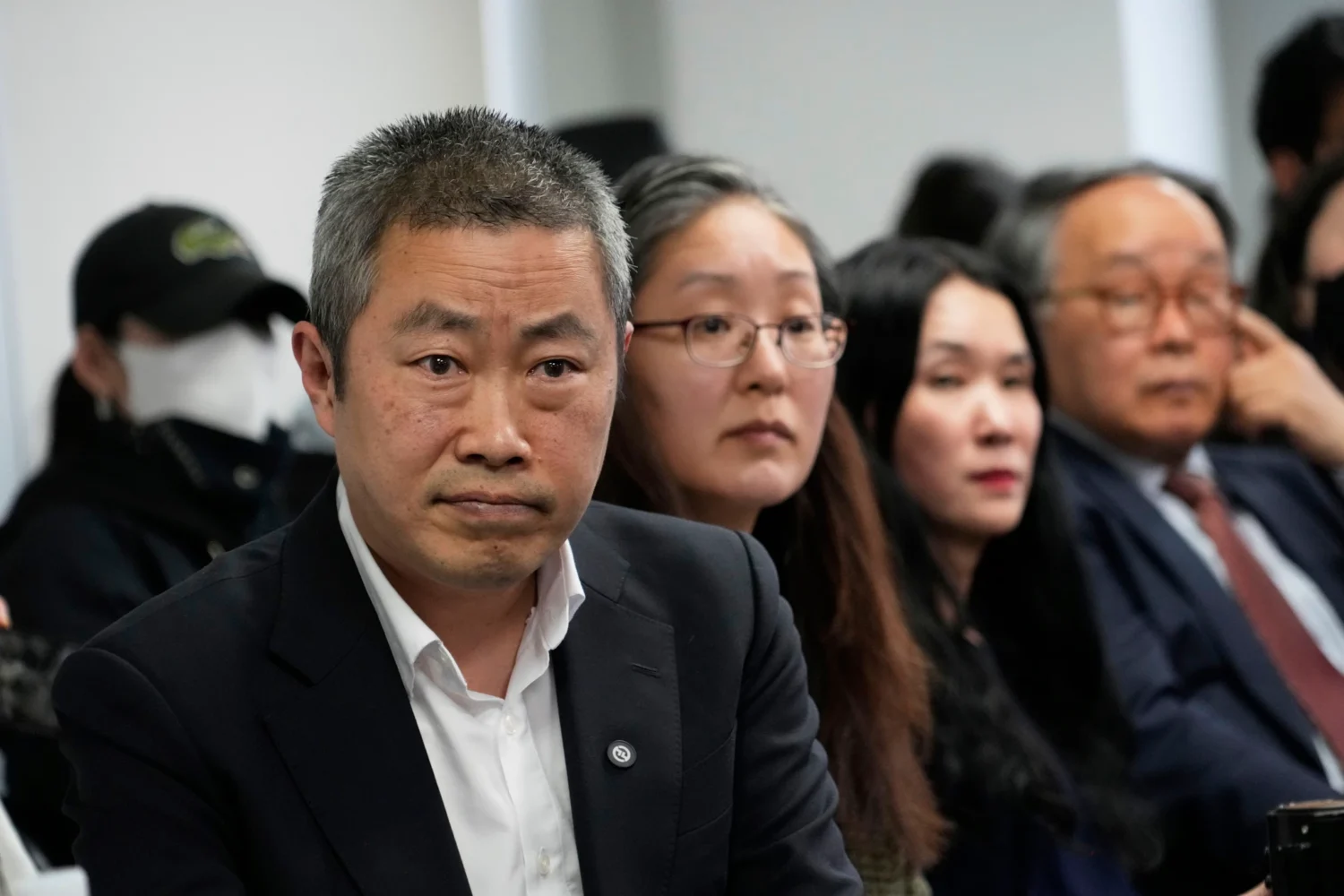

Since 1955 around 170,000 South Korean children have been essentially exported to foreign countries for adoption. In March of this year, the South Korean government admitted responsibility for facilitating this exploitative industry. An investigation into human rights violations within these adoption agencies was launched by the South Korean government in 2022, leading to the admission of responsibility. Recently, the South Korean government has announced putting an end to private adoptions altogether.
Many adoptees have petitioned to the South Korean government claiming that their adoption documents were falsified, with many registered as orphans, despite having living parents at the time of their adoption. Missing children were taken into orphanages and parents were coerced into giving up their children, all to meet the international demand for Korean children to adopt. Within the Truth and Reconciliation Commission, arguments have been made that adoptees may need evidence that their documents were intentionally tampered with in order to be considered victims. This is salt in the wound for an issue that is deeply connected to falsified and missing legal information. Some members of the commission have stated that the lack of documentation is a human rights violation in and of itself.
South Korea’s abolition of private adoptions is a step in the right direction for a decades-long issue, making the state responsible for the welfare of adoptees. But there is still much to be done in righting the wrongs of adoption fraud.